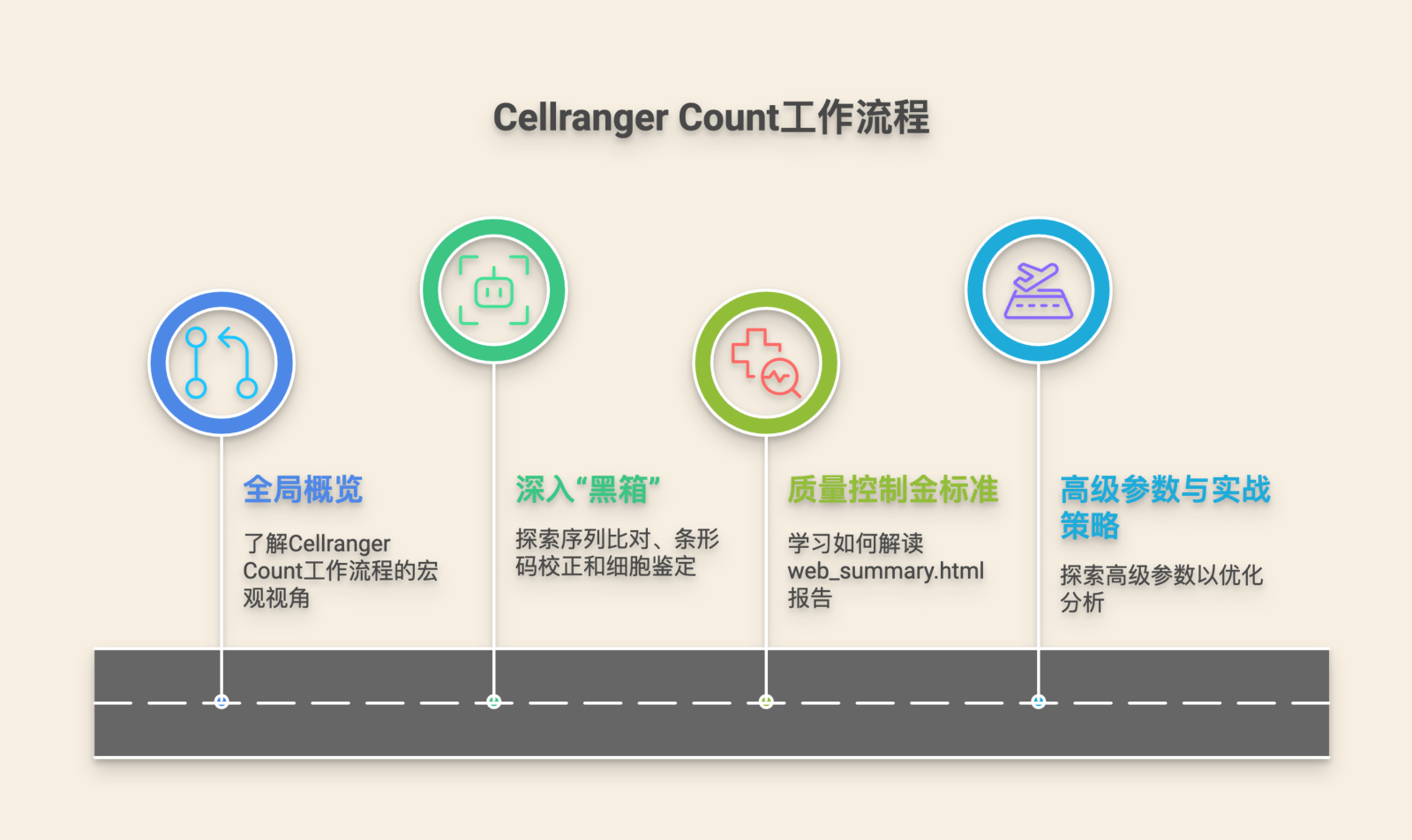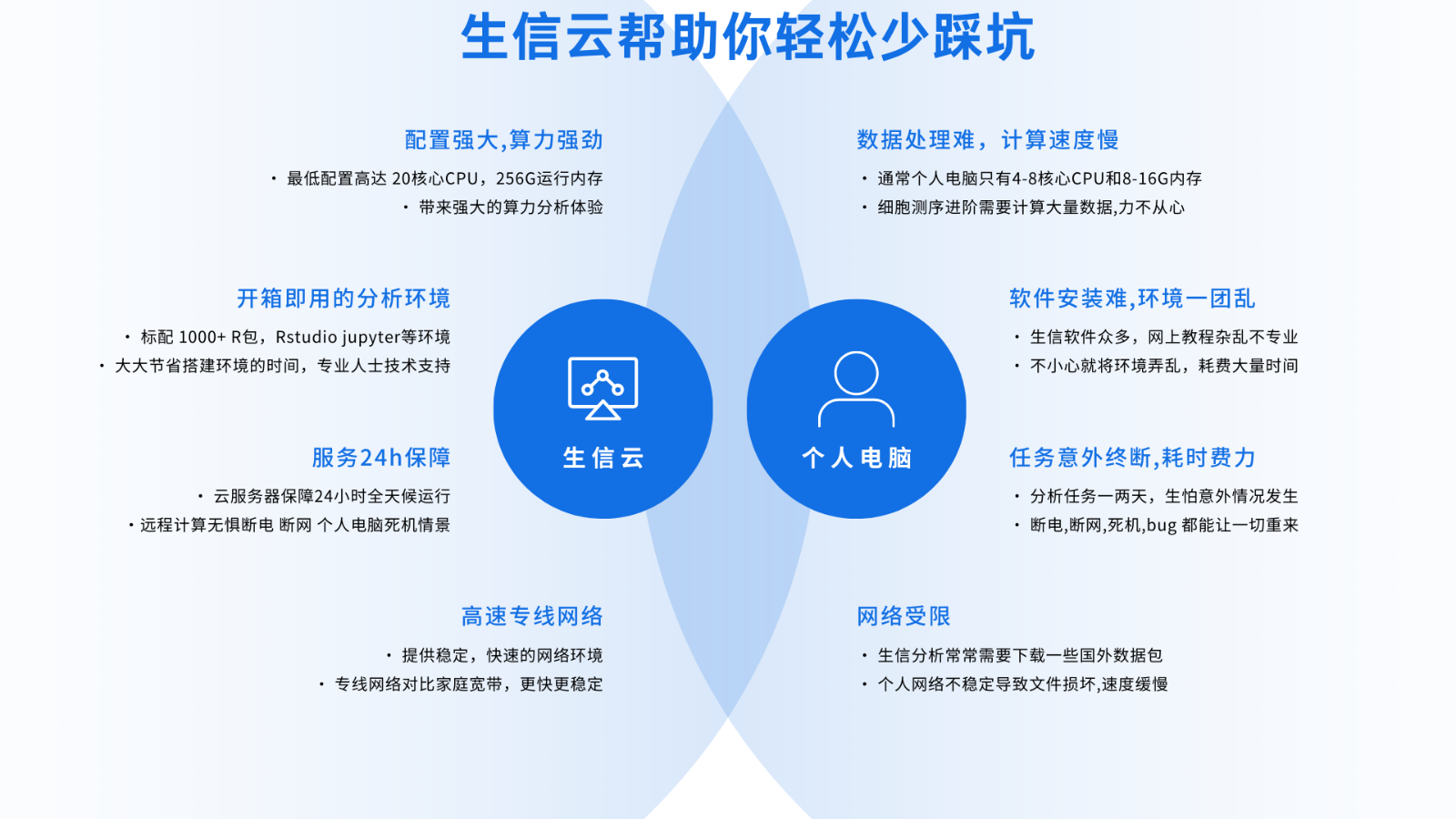
integrative omics processing platform serves as a cornerstone for modern personalized healthcare research. These platforms turn high-volume genomic data into practical, research-grade insights. By leveraging advanced algorithms and domain-aware pipelines, they accelerate discovery across genomics and translational research.
Enterprise-Scale Bioinformatics Servers for Omics Workloads
Sequencing and high-throughput assays create huge datasets requiring specialized computing capacity. To effectively process and analyze this growing data, scalable computing servers are essential.
- An important feature is dynamic resource scaling to handle fluctuating analysis loads.
- Modern servers integrate parallel compute engines to process many samples simultaneously.
- Scalable bioinformatics servers are instrumental for a wide range of applications, including genome sequencing, variant calling, and phenotype prediction.
At the same time, cloud adoption has enabled researchers everywhere to use elastic compute resources.
Dedicated Bioinformatics Cloud Platforms for Faster Genomic Discovery
Sequencing innovation has created massive data growth, necessitating cloud-grade compute and storage. Such clouds deliver instant access to compute clusters, object storage, and curated bioinformatics toolchains.

Harnessing Cloud Computing for Comprehensive Bioinformatic Analyses
Extensive datasets and advanced models require access to scalable infrastructure and specialized tools. Local clusters provide control but often lack the elasticity and ease of cloud bursting for spikes.
Cloud platforms offer the scale necessary to run assembly, annotation, and ML workflows on large datasets.
The cloud lets teams right-size infrastructure per project, lowering total cost of ownership and accelerating teamwork.
Custom Cloud Services Driving Bioinformatics Innovation
As genomics and multi-omics expand, bespoke cloud infrastructures are being built to support domain workflows. These solutions provide reproducible pipelines, compliant data handling, and compute elasticity for biomedical research.
This flexibility helps democratize bioinformatics capabilities, enabling broader participation from varied institutions.

On-Demand Compute to Streamline Genomic Workflows
Bioinformatics analysis often requires substantial computational power, and on-demand servers offer a flexible strategy to meet that need. By offloading peaks to on-demand servers, labs avoid the cost and maintenance of full-time clusters.
Ready images with pre-installed bioinformatics tools accelerate onboarding and analysis start times. Researchers can concentrate on data interpretation, hypothesis testing, and result curation.
Bioinformatics as a Service: A Powerful Platform for Data Exploration
aaS clouds combine compute, storage, and domain tools to lower barriers for large-scale biological exploration. Such platforms provide the compute and tooling necessary to turn data into biological and clinical insight.

- Managed bioinformatics services scale with project needs to facilitate high-throughput analysis.
- These platforms enable secure, federated collaboration and streamlined data exchange across institutions.
- Integrated ML and statistical tools help derive mechanistic insights from multi-omics datasets.
Precision Medicine Empowered by Scalable Bioinformatics Analysis
Expanding genomic and clinical datasets are enabling a shift toward individualized therapeutic strategies. By integrating sequencing and clinical data, servers help clinicians personalize care pathways and monitor outcomes in real time. By empowering researchers and clinicians with timely access to actionable insights, these servers drive the evolution of personalized medicine.
Computing-Driven Breakthroughs in Biological Understanding
Bioinformatics tools extract latent signals and interactions that manual analysis cannot detect. Deep data analyses detect low-frequency events, structural variants, and pathway perturbations.

Powerful bioinformatics frameworks transform raw data into mechanistic hypotheses and experimental leads.
Next-Generation Bioinformatics Infrastructure: Dedicated and Scalable Solutions
The data-intensive nature of bioinformatics calls for infrastructures that scale while maintaining reproducibility. They blend parallel compute, scalable object storage, and workflow engines to accelerate discovery across domains.
- Cloud platforms provide elastic compute, pay-as-you-go storage, and flexible provisioning for variable workloads.
- Domain-specific tools evolve rapidly to meet niche analysis demands across genomics and proteomics.
Such infrastructure supports multi-institutional projects and speeds translational and applied research outcomes.
An Integrated Bioinformatics Platform for Discovery and Development
The evolving field of bioinformatics needs sophisticated tools to analyze increasing volumes of biological data, and a comprehensive server suite addresses this demand. The platform couples high-quality algorithms with reference databases to enable reproducible sequence and structural analyses. The platform’s web interface, tutorials, and workflow templates enable users of varying skill to run complex analyses reproducibly.
